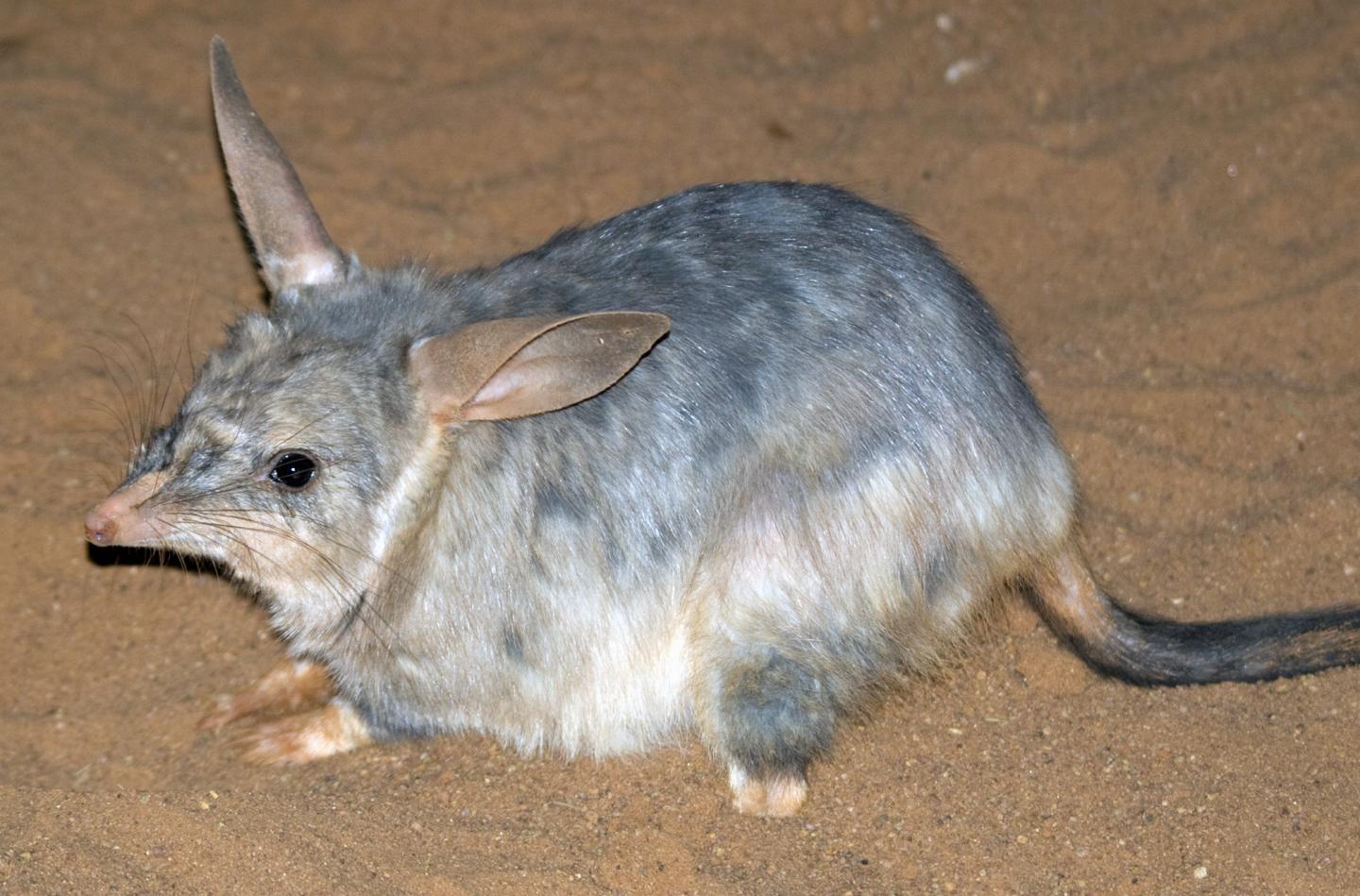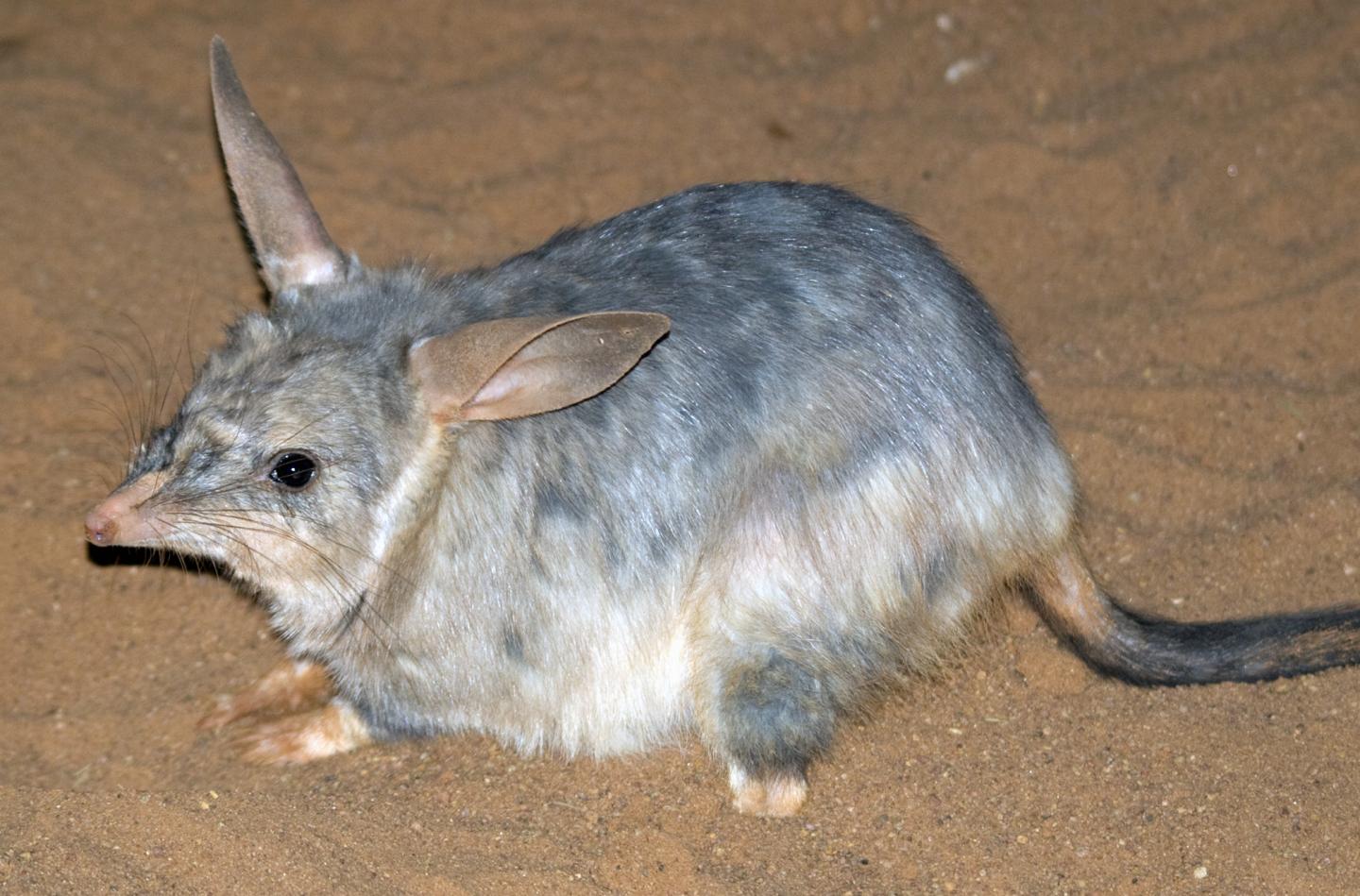
Credit: Michael Westerman
In a new paper, published in Scientific Reports, an international team of researchers has analysed fossils and DNA from living and recently extinct species to show that conservation sensitive Australasian marsupials are much older than previously thought.
"We used bandicoots as a model to examine the radiation of marsupials relative to climate change through time. Bandicoots are the marsupial equivalents of rodents and rabbits that today occupy a spectrum of desert through to rainforest habitats across Australia, New Guinea and surrounding islands. Alarmingly, however, most bandicoot species are under dire threat of extinction from introduced predators, habitat loss, and human hunting," says Dr Benjamin Kear from the Museum of Evolution at Uppsala University, and lead author on the study.
Bandicoot fossils are important for understanding how Australia's unique biodiversity has reacted to climate change in the past. They suggest that a shift towards drier conditions 5-10 million years ago drove ancient species into extinction, while simultaneously prompting the emergence of modern groups.
"The evolution of Australia's mammals has long been linked to aridity. Yet this hypothesis is based upon only a few distinguishing features found in the teeth and skulls of modern species," says Dr Ken Aplin of the Smithsonian National Museum of Natural History.
Dr Aplin recovered the remains of a remarkably archaic new fossil bandicoot, Lemdubuoryctes aruensis, from the Aru Islands of Eastern Indonesia.
The earliest bandicoot fossils are more than 25 million years old, but isolated teeth over 50 million years old hint at a deeper ancestry. In contrast, the first demonstrably modern bandicoots appeared less than 5 million years ago, while their most ancient relatives seemingly inhabited rainforests some 20 million years ago.
"The Aru Islands fossils are very primitive and resemble the most archaic extinct bandicoots, but amazingly are only 9,000 years old," says Dr Kear.
Lemdubuoryctes also did not live in a primordial rainforest, but rather a vast savannah plain that stretched between Australia and New Guinea during the last glacial maximum.
"While retreating rainforests and spreading grasslands did provide a backdrop for ecosystem change 5-10 million years ago. The Australian fauna likely adapted via changing its distribution rather than undergoing wholesale extinction and replacement," says Emeritus Prof. Michael Westerman from La Trobe University in Australia.
"This agrees with our results from DNA, which indicate that modern desert-living bandicoot groups pre-date the onset of aridity by as much as 40 million years," says Prof. Westerman.
Pointedly, such timeframes coincide with increasing seasonality and the proliferation of open Eucalyptus woodlands in the Australian continental interior.
"Bandicoots, like other Australasian marsupials, probably occupied a range of different habitats over many millions of years. However, our study has further implications for future conservation. Arid zone bandicoots are amongst the most vulnerable mammals in Australasia today, with multiple species having gone extinct within the last 100 years. By demonstrating their profound evolutionary antiquity we can thus serve to highlight how extremely urgent it is to protect these living fossils as part of Australia's unique biodiversity", says Dr Kear.
###
Media Contact
Benjamin Kear
[email protected]
46-018-471-2792
@UU_University
http://www.uu.se
############
Story Source: Materials provided by Scienmag





